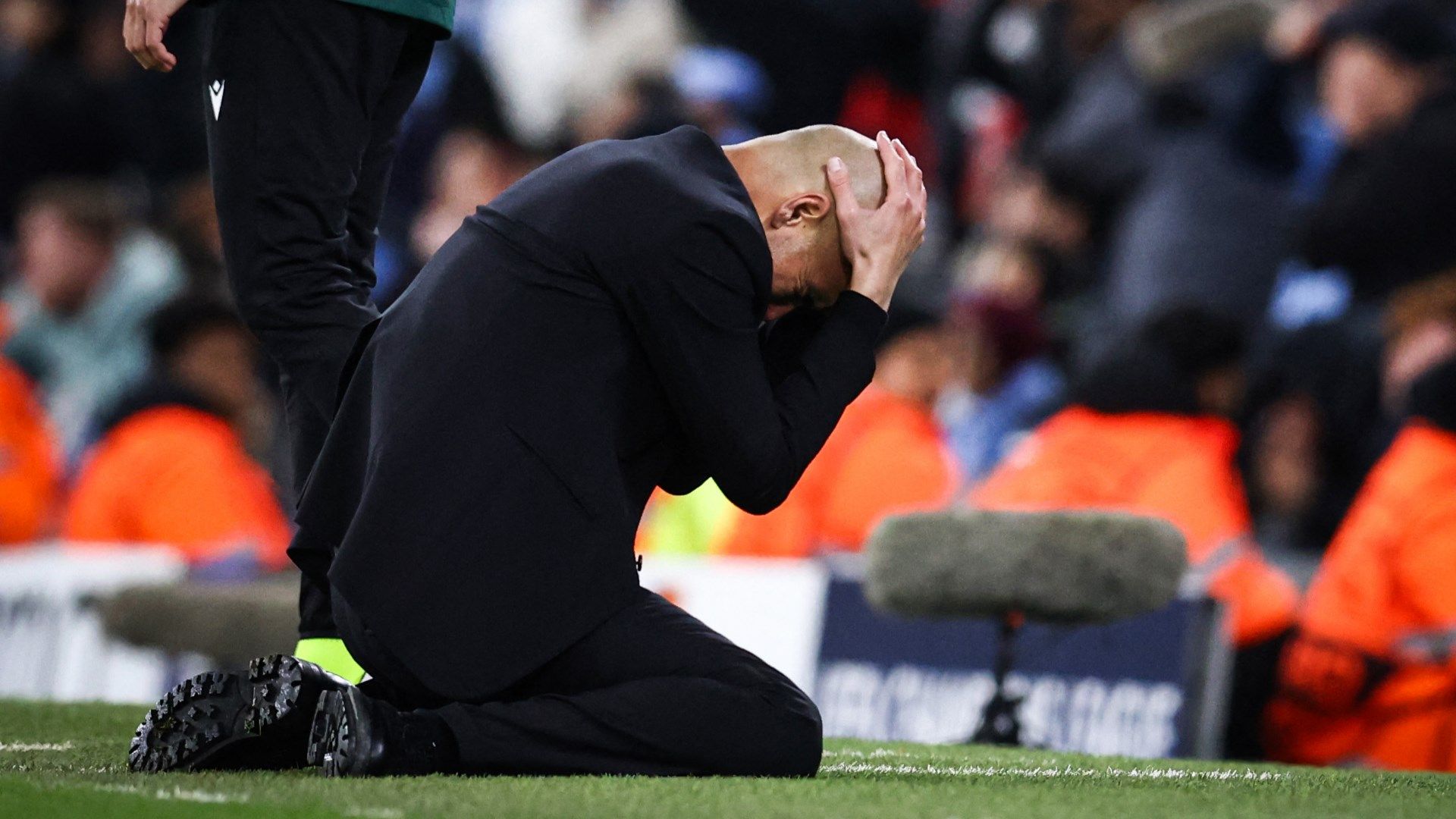The Chinese Football Association's (CFA) decision to change the Chinese Super League's (CSL) foreign player rules is set to have a "significant" impact on Australians and the A-League.
The 2017 CSL season will see clubs limited to using just three of their five imports on the pitch at any one time, with the CFA confirming the changes on Monday.
In a statement, the CFA claimed the changes would benefit "the overall development of Chinese football".
"The CFA will continue to release new rules and policies to regulate the irrational expense of the Chinese Super League and the [second tier], including the overpaying of domestic and international transfer fees and salaries," the statement added.
The CFA will also no longer reserve one of the five import berths for players from other Asian Football Confederation (AFC) countries.
This will be the critical change for Australians based in China, who will have to compete with team-mates that due to their often higher profile and bigger salaries will be expected to play.
The CSL previously utilised the 3+1 foreign player quota on game day - where one import on the pitch had to come from an AFC member nation - and a 4+1 quota in squads.
This effectively reserved a position in the starting XI for the majority of Australians plying their trade in the CSL.
The era of Australians being one of the most popular nationalities in the CSL appears to be over.
Last season, only Brazilians and South Koreans were more prevalent in China's top tier.
"The impact of this change on Australian players will be significant," chief executive of Professional Footballers Australia (PFA) John Didulica told Goal.
"Effectively, our players will need to compete with players from around the world for positions within the CSL, not just Asia.
"Clearly, as Asian champions, we are highly-coveted throughout Asia and likely present excellent value given the significant disparity between those salaries in the A-League and those, for example, in the J.League."
Since Australia joined the AFC in 2006, the 3+1 rule has prompted clubs throughout Asia to target Australians, particularly central defenders and defensive midfielders.
Already the rule change is having an impact on potential moves with James Holland's pending transfer from Adelaide United to Liaoning Whowin having stalled since the CFA's announcement.
It is understandable that Holland and compatriot Robbie Kruse - who is reportedly also set to sign for Liaoning - might reconsider their options as they could face the prospect of being the fourth best player at the club but see their game time limited.
This could be devastating for their international ambitions, while there could be a similar problem for Socceroos Trent Sainsbury (Jiangsu Suning), Ryan McGowan (Henan Jianye) and Apo Giannou (Guangzhou R&F), who are already contracted to CSL clubs.
Meanwhile, the lucrative bubble created by the 3+1 rule has been burst with CSL clubs unlikely to target Australians as widely as before when they can just as easily sign Europeans, South Americans and Africans.
There could be opportunities at any Chinese outfit involved in the AFC Champions League as that competition will continue to operate the 3+1 rule but only three clubs qualify automatically each year.
While this change could impact the bank balances of some individual Australian players, the overarching effect could be positive for football in Australia.
Firstly, A-League clubs may find it easier to hold onto their better players with the CSL turning their attention to the rest of the world.
Secondly, more Socceroos may choose to stay in Europe rather than move to China rather than risk being sidelined by the CSL's game day quota.
While the standard of the CSL is undoubtedly improving rapidly, there are still plenty of doubts over whether playing in China is a better test of a player's ability than competing in Europe's bigger leagues.


.jpg?auto=webp&format=pjpg&width=640&quality=60)

.jpg?auto=webp&format=pjpg&width=640&quality=60)